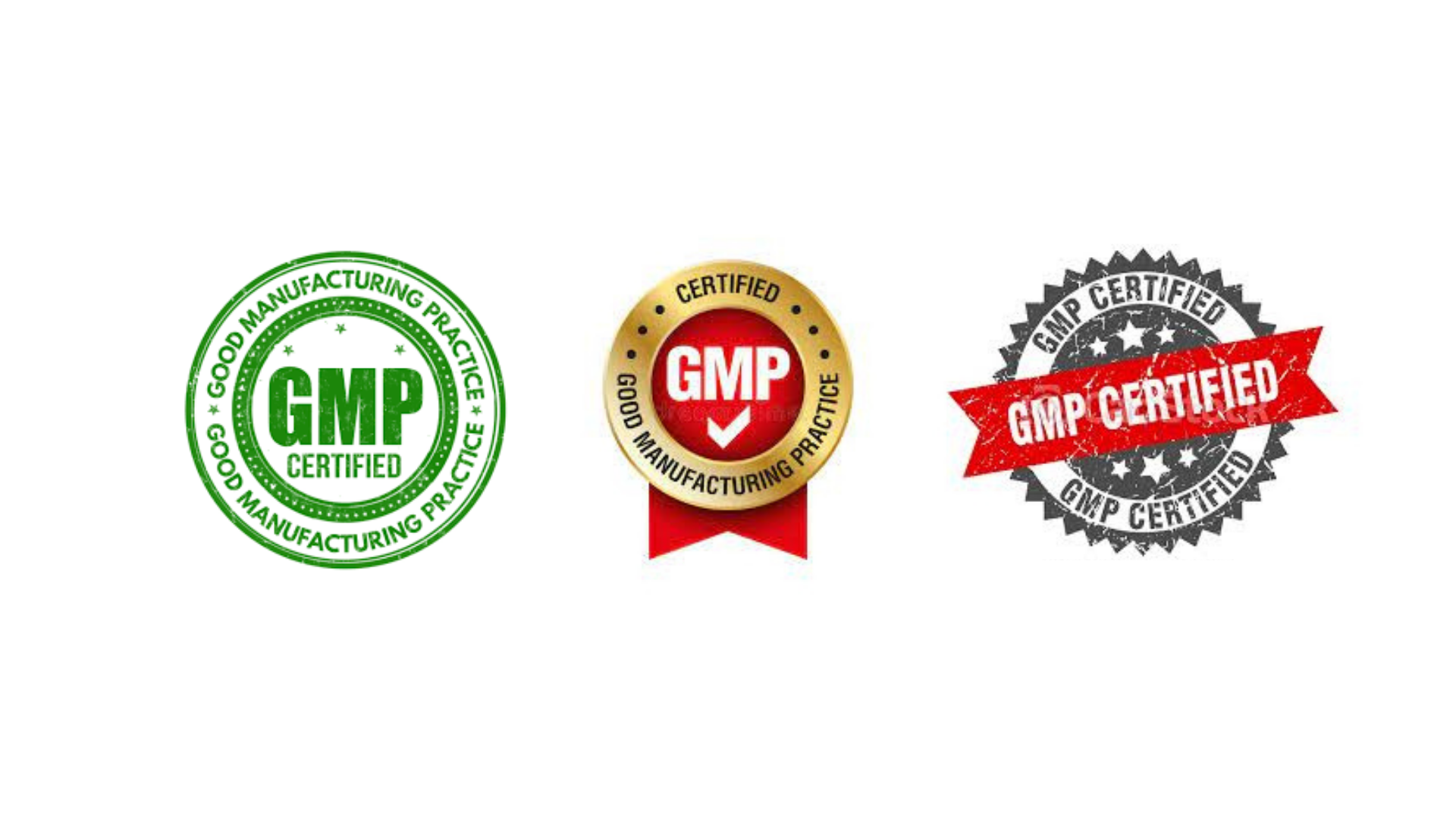KBW | THE SHOCKING TRUTH ABOUT SUPPLEMENTS

My friend stared at me in disbelief, her mouth agape with confusion until she finally mustered up the words, “How the heck are regular people supposed to know what to do?!” I don’t expect them to, I told her. That’s why I’m just going to have to do it for them. Because this is just not fair. What on Earth am I talking about?

The Billion-Dollar Industry of Supplements
The supplement industry, while encouraged to use GMP (good manufacturing practices), is mostly left to the honor system. Seriously.
The DSHEA, enacted by Congress in 1994, classifies these products as foods rather than as drugs (Ventola, 2010), which switches the burden of proof for safety, efficacy, and more to the company itself and off of the FDA.
There are Good Supplements
There are, of course, many good supplement companies out there who make GMP-certified supplements, but for every good one, there are a dozen bad ones that “test” *wink wink* their product and deem it “safe” and “effective” *wink wink* and off to market it goes.
But that’s not what made my friend’s jaw fall to the floor. We know at face value that this proposition is a scary one, but until you really take a look into the details and facts of what’s been going on, you don’t truly understand just how horrifying it is.
What could go wrong?…
The products could be contaminated with heavy metals (this is especially common when the products come from China) (Boyer, 2005).
The products may contain unlabeled fillers like wheat, rice, or other common allergens. This is especially frightening for someone with celiac disease who could be harmed by a wheat-containing supplement.
Unlisted Ingredients
Researchers from the University of Guelph examined 44 products from 12 different companies and discovered that up to 60% contained DNA from ingredients not listed on the label, and 20% used fillers that were not listed on the labels.
Different Ingredients
The products may mainly contain AN ENTIRELY different product than they claim to contain! The results of this can range from the product just plain old not working to extreme danger. In 2008 a Belgian herbal slimming formula accidentally substituted the herb Stephania tetranda with Aristolochia fangchi (cuz, I mean…they sort of look the same….so…?), which contains the cytotoxin aristolochic acid. Countless patients ended up in the hospital with renal fibrosis (Waldman, Terzic, 2008).
Not Enough Ingredients

The products may not even contain enough active ingredients to do what it’s supposed to do. Have you seen the studies about how a particular vitamin or supplement did NOTHING? Unfortunately, a lot of those studies don't have quality control for which supplements are utilized in their studies (insert facepalm here). What a waste of money.
Supplements - Potential Money Wasters?

So as you can see, the effects of this shady industry range from waste of money all the way up to deadly. Cue mouth dropping to the floor amiright?
Yes, it’s confusing and scary and hard to try to figure all of this out, but don’t worry, I’ve got you.
For years now, I’ve been vetting various supplement companies. Analyzing their manufacturing practices, their additives, their third-party lab testing verifications, and perhaps most importantly, taking them myself.
I’ve come up with a list of very good GMP-certified supplements over the years (and let me tell you, none of these brands will be found on Amazon, at Target, or at GNC). They only sell directly to practitioners that are certified and registered to sell their product, and it goes directly from them to me, with no shadiness in between.
There Are Good, GMP-Certified Supplements

For years I’ve had these products in my office for my clients when a need arises for a probiotic, a K2 vitamin, etc. But now I’m opening the doors to EVERYONE. I was sick and tired of watching people throwing away their money on fake and harmful supplements, so I opened an online dispensary to provide everyone with quality, GMP-certified supplements.
You absolutely don’t need to buy a darn thing from me but do hear this, whatever you do buy from wherever, please investigate it as fully as possible. First of all, do NOT buy supplements on Amazon. They may be going through a third party, a story recently broke on third-party tampering on Amazon, and you do NOT want to take that risk. If buying directly from a manufacturer, look on their website for testing results. Look for their list of fillers. Heck, even call them and ask about their manufacturing processes if you have the time. But be careful out there in the wild west of supplements.
If you do choose to buy from me, here’s the site: KB Wellness Wellevate Dispensary
If you don't already subscribe to my newsletter, make sure you take a second to do so! I send emails every week packed with information just like this. You don't want to miss these!
Sign up for my weekly newsletter here!
References:
Boyer, E. (2005). Journal of Medical Toxicology. Issues in the management of dietary supplement use among hospitalized patients. 1(1):30-4.
Waldman SA, Terzic A. Pharmacology and Therapeutics: Principles to Practice. Philadelphia: Elsevier/WB Saunders; 2008. pp. 1237–1243
Ventola. (2010). Current Issues Regarding Complementary and Alternative Medicine (CAM) in the United States Part 2: Regulatory and Safety Concerns and Proposed Governmental Policy Changes with Respect to Dietary Supplements. 35(9): 514–522.
Video on Gulph University Study: https://www.cbc.ca/player/play/2411623404/
Are you ready to start feeling better?
My team and I are here to partner with you on your health goals.
Find out more about working with us here ↓


